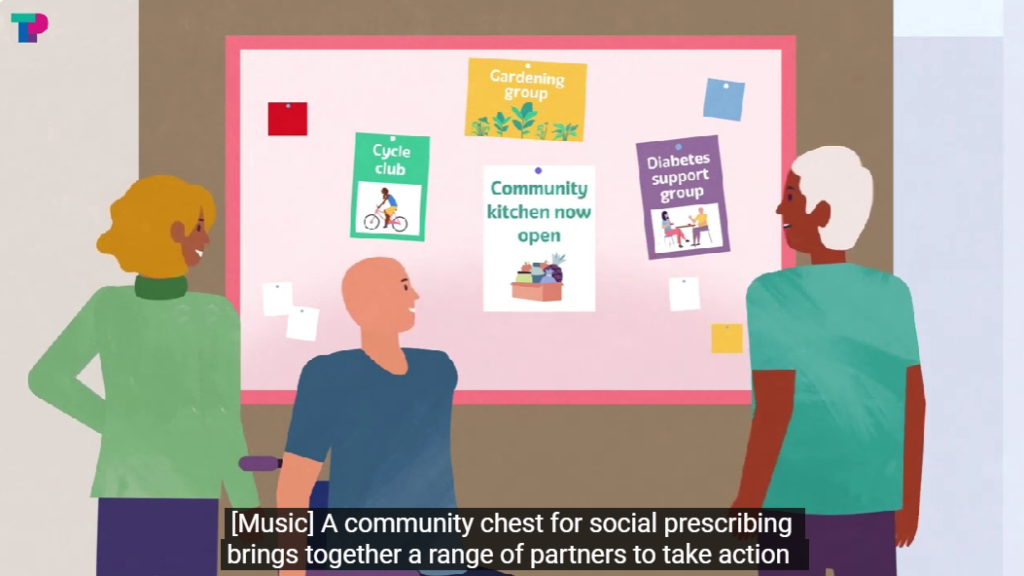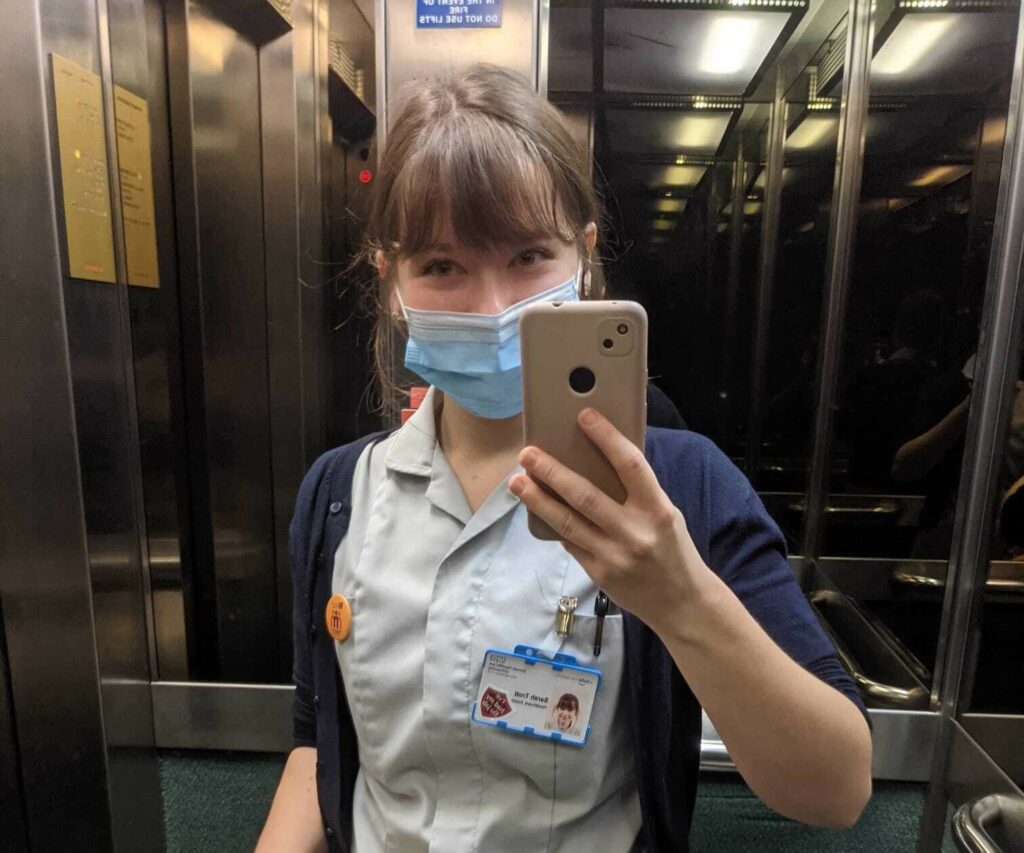Building the space for friendship in Barking & Dagenham
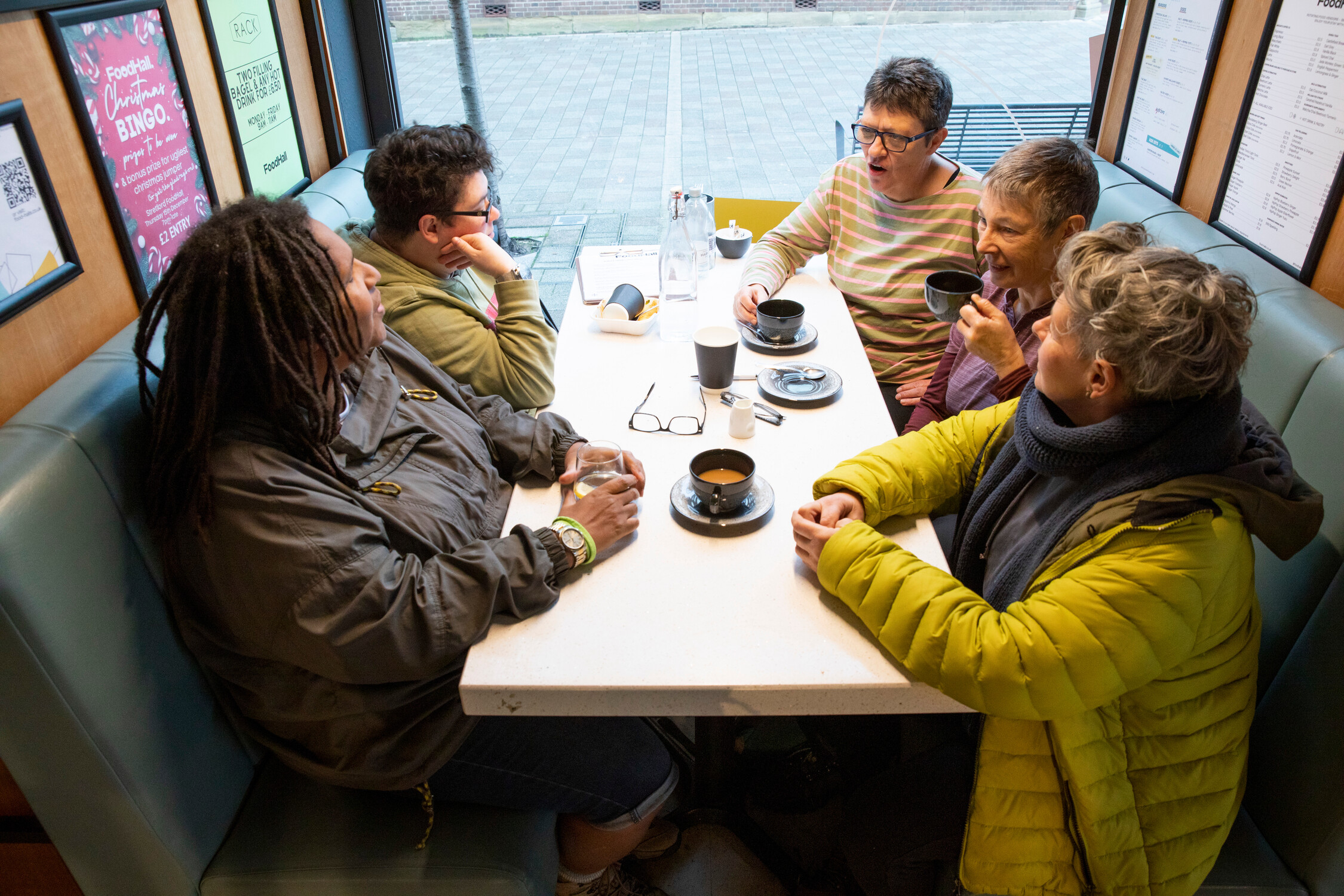
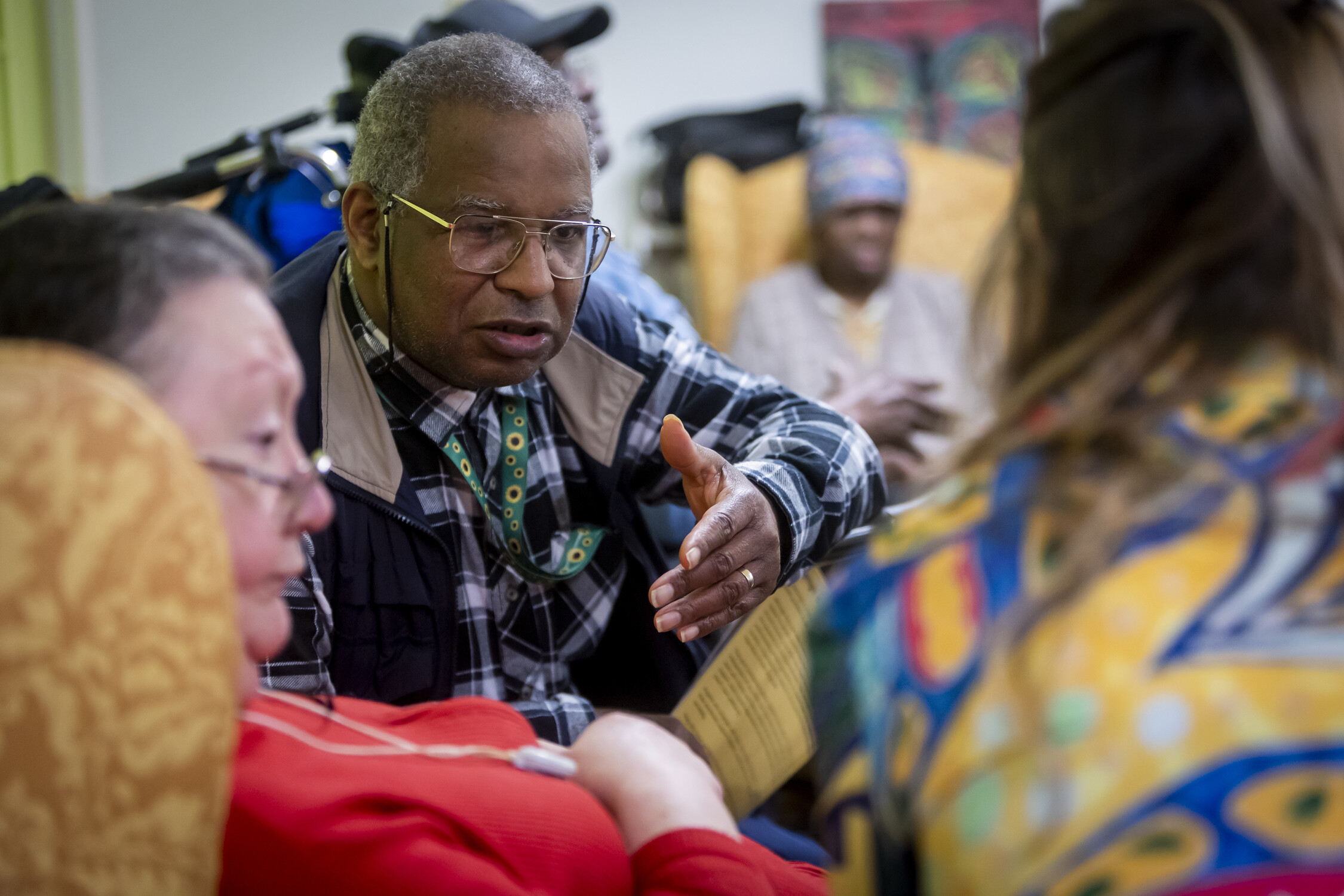
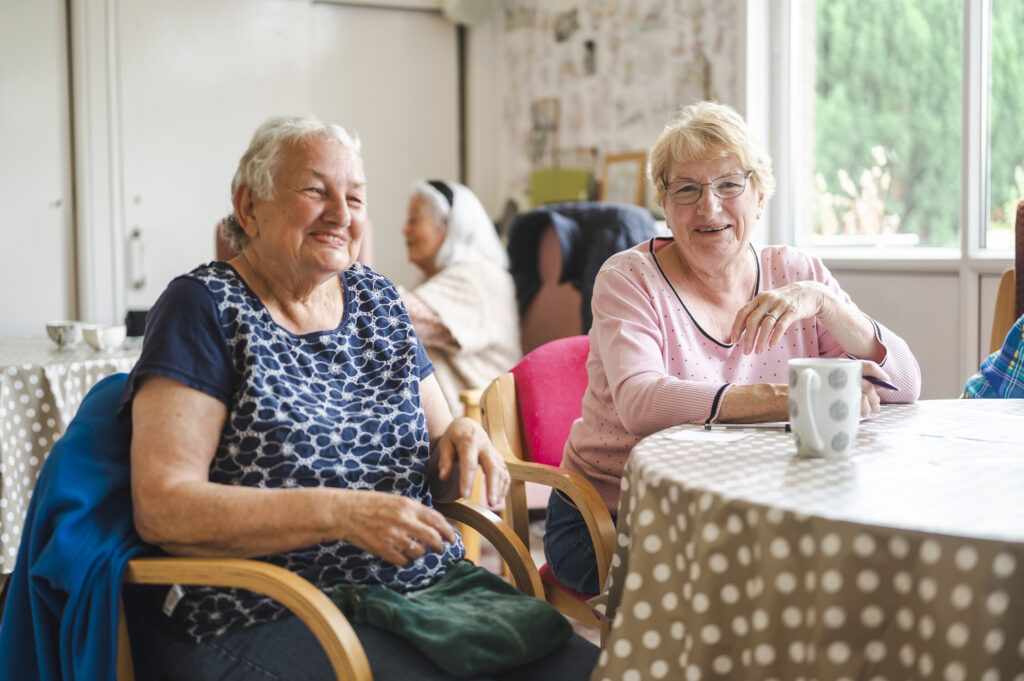
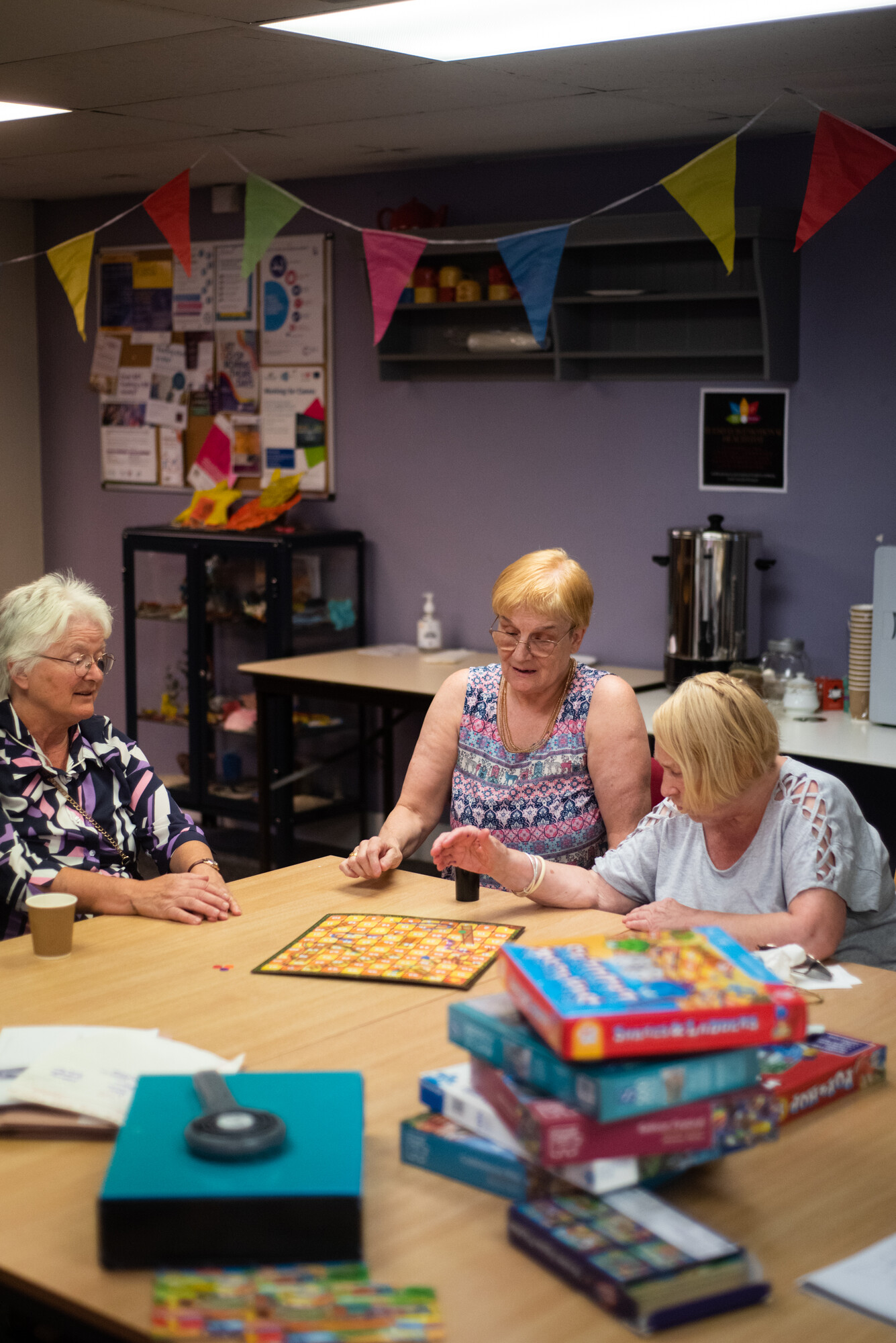
Emily Brook’s blog reflects on our aim of creating societies that have more space for people to care about each other.
We’ve been really sad and disappointed recently to see organisations like What Works Wellbeing, The Campaign to End Loneliness and many other not-for-profit organisations closing down recently. Relationships have been proved time and again to be the threads that form the fabric of society. Finding ways to help people be happy and healthy is one of the foundational challenges of our time; by disinvesting in relationships we damage our prevention aspirations and the health of our communities.
We are very lucky to be working in an area that thinks differently, and are embarking on work to nurture those threads with the aim of creating societies that have more space for people to care about each other. Our work in Barking and Dagenham is being delivered by the BD_Collective, Care City and Ageable. It’s being funded by LBBD Council, the Better Care Fund and the Ageing Well Programme.
We aren’t starting from scratch. We’re building on successes that our partners and communities in Barking and Dagenham have had in recent years, and strong evidence from their focussed work to understand isolation. We’re also learning from others who have already proved that it’s possible to find more impactful ways of working with people that put relationships first and deliver better value as they bolster humanity and achieve far better outcomes: Donna Hall, Hilary Cottam, Mark Smith in Gateshead, the Uncertain Futures Project in Manchester, and many others.
‘The Grey Area’: Building the space for friendship in Barking and Dagenham.
In late September I had a chat with a lady who used to be in a place where she felt very isolated during a really tough period in her life. Today she supports other people who are in the same boat. She shared more than a dozen stories with me in the hour that we had together. Some of them were about the effect on people when formal services aren’t organising around a person (the focus of much of our work), many of them were about something very different.
She told me about people being in a space with others who like the same things, and that turning into cuppas, laughter, trust, confidence and ultimately friendship with unexpected people. About needing to extend the time they hire spaces for so people can just enjoy being together. She talked about the importance of someone taking the time to understand what you hope for and what you’re scared of. Someone who is on your side as you work through those fears and find something you love. As you fill the spaces in your life that feel grey with colour.
“An environment and a common space is enough. The people will do the rest.”
When life feels really hard, don’t we all seek out people we trust? Who care deeply about where we’re at and what matters most to us? At the very worst times in my life I’ve reached for the people and things that I love. The two are very much connected: often I’ve found the people I love through doing something I enjoy; it’s been the most reliable healing factor in my life. And for the avoidance of doubt, the empirical evidence is clear. In David Robinson’s outstanding LSE Lecture for The Relationships Project in October this year, he reminded us that in a longitudinal study of women with breast cancer, those with a network of good relationships were four times more likely to survive than those without. That 148 studies of mortality rates across ages, genders, ethnicities, demonstrated that you are 50% more likely to survive any given year if you have strong connections. That building relationships reduces healthcare costs and hospital admissions, even when they’re increasing everywhere else.
If it were a drug, we’d be investing in it
Over the next year in Barking and Dagenham we’re going to add to the evidence. We’ll be working with people who have recently been in hospital. People who are back home (or trying to get back home) but don’t feel like they have the social support they need to feel more confident and build up their wellbeing and health.
“Human beings need nutrition, we need exercise, we need purpose, and we need each other.”
Professor Bob Waldinger, Director of the Harvard Study of Adult Development
If our challenge is to help people find joy and connect with others around the things that matter to them, we know we’re dealing in something that feels more alchemy than process. We’re designing a way of working, not a service. An environment and feeling, not a pathway.
We’re lucky to be doing this work in Barking and Dagenham, where public services, our commissioners and the VCSE sector are well versed in exploring the art of the possible. At our discovery workshops in November we heard people talking about what they’d want if they were feeling isolated. They spoke about creativity and love, pets, friends, psychological safety and little bits of help that make a big difference.
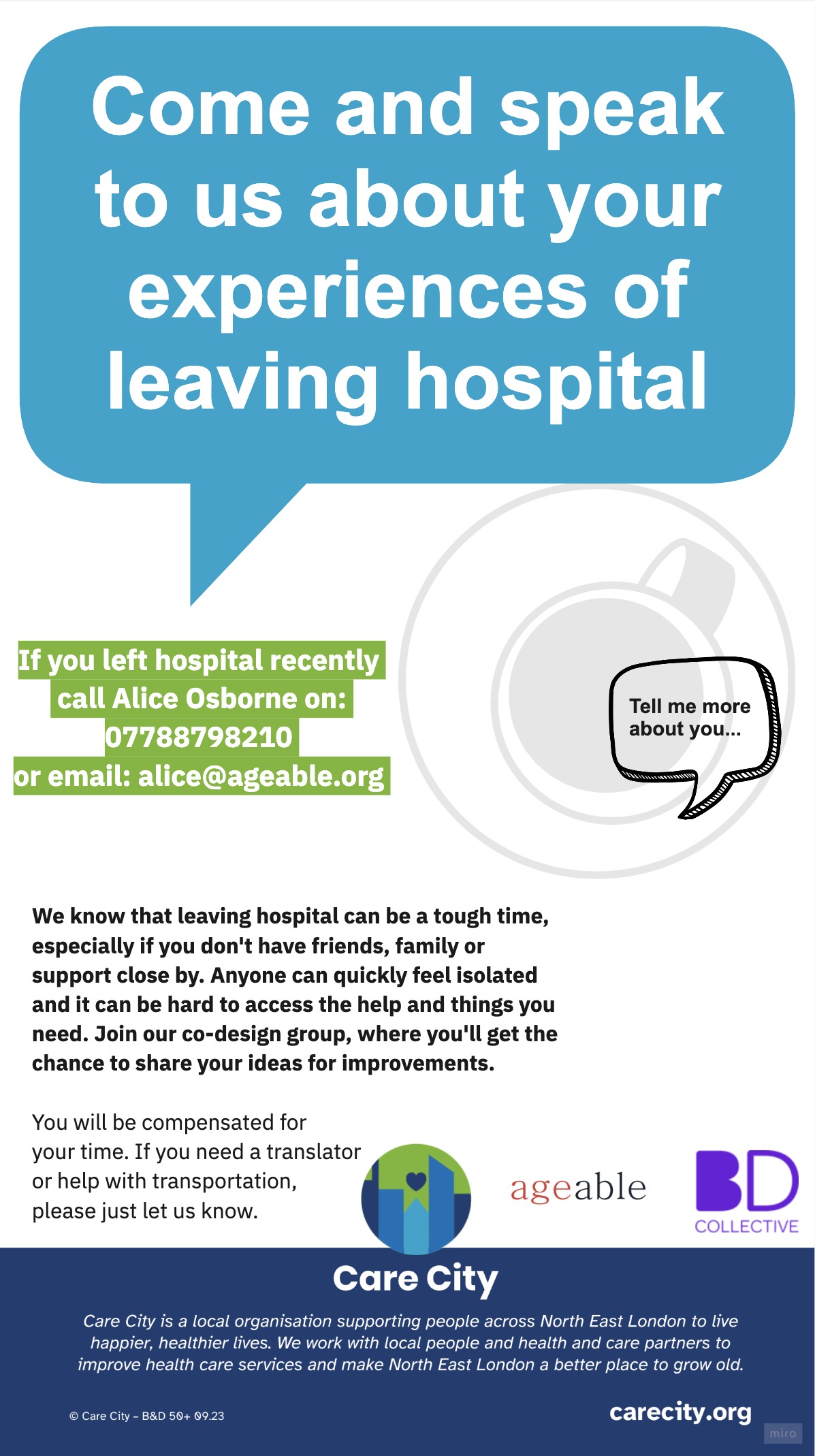
In the New Year we’ll be bringing people back together to design this new way of working; our own version of doing something we love with people who are interested in the same thing (and yes, we’re already making friends). It’s easily what I’m most looking forward to in the dark months of late winter. We’re also now supporting Redbridge Council to understand how they can work more preventatively to help residents avoid becoming socially isolated.
As we start working with people in our communities we’ll be constantly learning about what works, building evidence and iterating what we do. We’ll be sharing what we learn throughout, because we want to help other places understand the population health impact of a deeply personalised and human approach to caring. When people say ‘it takes a village’ I think they mean that it takes a place full of people who mutually care for each other; we’re going to be doing our bit to build that, and we’d love to hear from others who are trying to do the same thing.
If you’d like a chat about what we’re doing, have an idea you’d like to share, or want to stay in touch to hear how it goes contact emily.brook@carecity.org
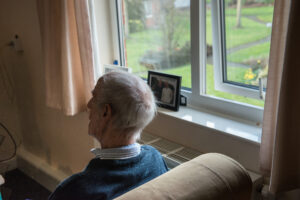
Read James Sinclair’s blog “Building a community system resilience model to tackle social isolation“
